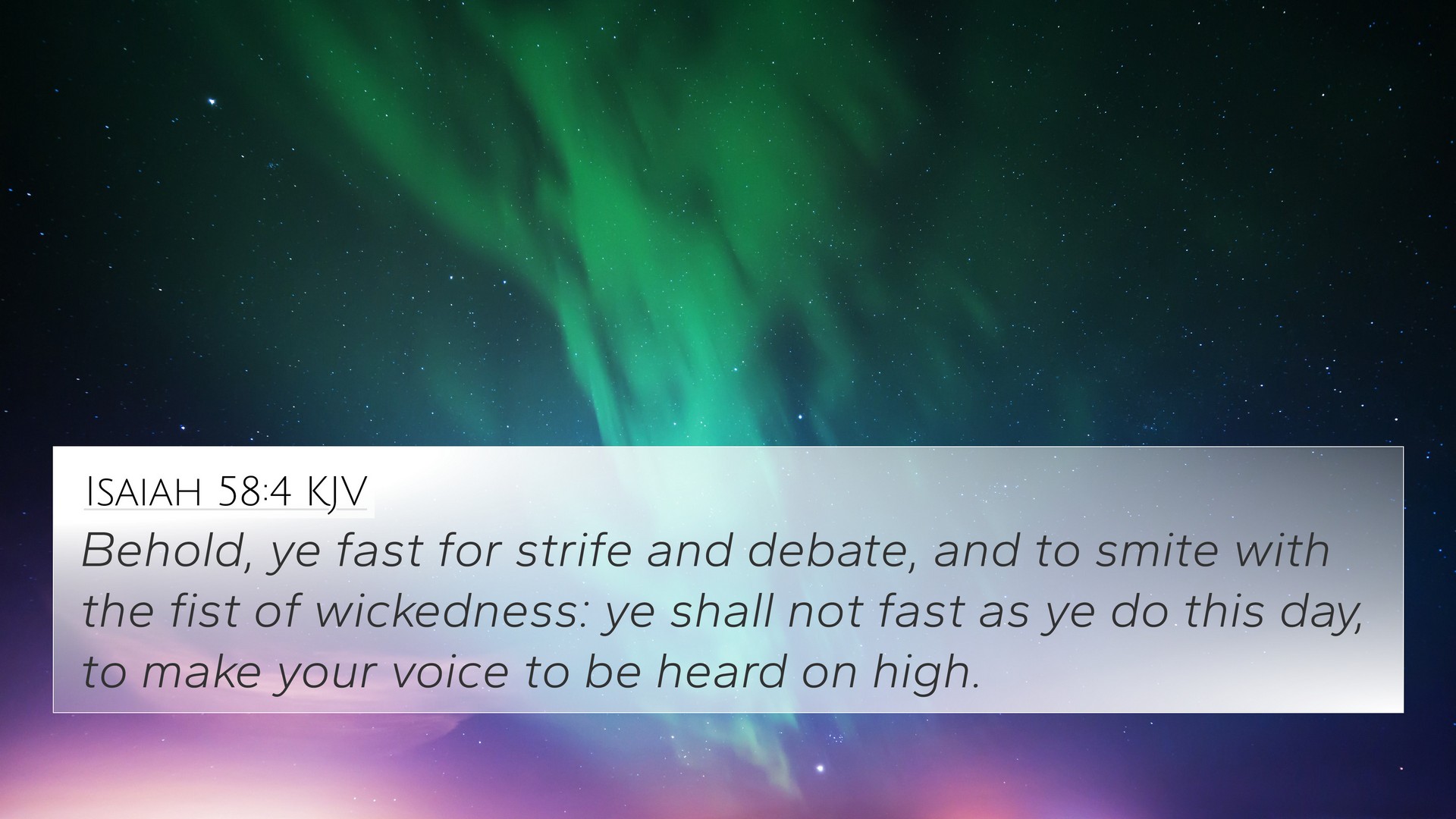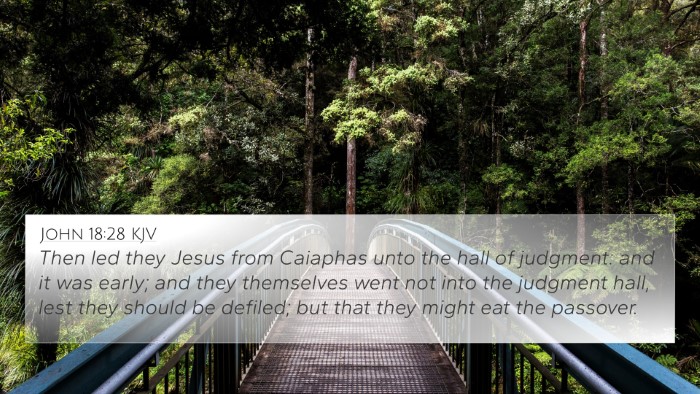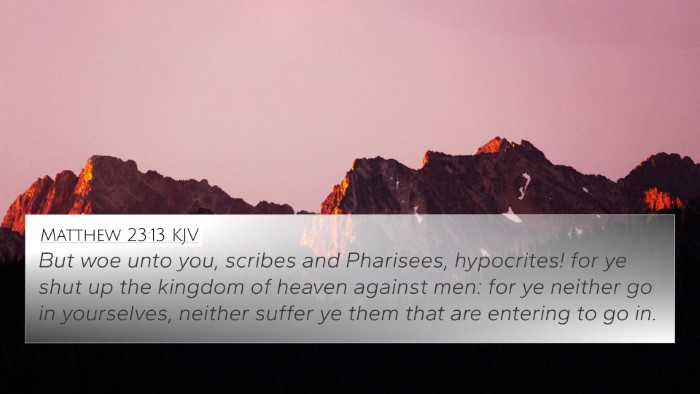Understanding Isaiah 58:4
Verse: Isaiah 58:4 states, "Behold, you fast for strife and debate, and to smite with the fist of wickedness: you shall not fast as you do this day, to make your voice to be heard on high."
Contextual Background
The prophet Isaiah communicates God's displeasure with the manner in which His people are observing fasting rituals. This passage critiques superficial religious practices that focus more on outward expressions rather than genuine repentance and humility.
Verse Meaning
This verse highlights several key themes:
- False Piety: The people are engaging in fasting but are simultaneously filled with strife and debate, demonstrating a lack of true repentance.
- Divine Expectation: God desires authenticity in worship and a heart that aligns with His principles, rather than just ritualistic observance.
- Consequences of Sin: The connection between their actions and their spiritual state underscores that religious practices devoid of rightful intentions are fruitless.
Commentary Insights
The interpretations of this verse can be summarized from various public domain commentaries:
- Matthew Henry: Henry notes that the fast mentioned here reflects the hypocrisy of the people. Their acts of worship were marred by conflict and selfishness, reducing their spiritual practices to mere rituals lacking meaningful significance.
- Albert Barnes: Barnes emphasizes that while fasting is an important spiritual discipline, the behavior exhibited during such times can reveal deeper issues of character and integrity, revealing inconsistencies between outward acts and internal truths.
- Adam Clarke: Clarke explains that the phrase "to make your voice to be heard on high" indicates the futility of their worship; God is not interested in the volume of their cries when their lives do not reflect His justice and mercy.
Bible Cross-References
Isaiah 58:4 connects with several other scriptures that reinforce its themes:
- Isaiah 1:13-15: God denounces empty sacrifices without heartfelt devotion.
- Micah 6:6-8: A call to genuine faithfulness and justice rather than mere ritual sacrifice.
- Matthew 6:16-18: Jesus teaches about fasting without drawing attention to oneself, promoting authenticity in spiritual disciplines.
- James 1:26-27: True religion includes caring for others, indicating that piety should manifest in loving action.
- Isaiah 58:6-7: The call for the true fast that includes acts of kindness and justice, illuminating what God seeks from His people.
- Proverbs 21:27: The idea that the sacrifice of the wicked is an abomination, paralleling the theme of sincerity in worship.
- Jeremiah 14:12: Highlighting that God does not accept fasting from those whose hearts are far from Him.
- Luke 18:9-14: The parable of the Pharisee and the tax collector, emphasizing humility versus self-righteousness in prayer.
Thematic Connections
The verse invites deeper reflection on the character and essence of religious observance:
- Hypocrisy in Worship: The idea of performing religious acts while harboring strife aligns with broader biblical themes of integrity.
- True Worship vs. Ritual: Isaiah’s message connects with teachings throughout both the Old and New Testaments that emphasize the heart condition over mere practice.
- Justice and Kindness: The call for social justice and mercy is a recurring theme that encourages believers to live out their faith authentically.
Tools for Cross-Referencing
To delve deeper into these connections, using tools for Bible cross-referencing can greatly aid understanding:
- Bible Concordance: A resource to locate specific words and phrases across scriptures.
- Bible Cross-reference Guide: Provides systematic connections between related verses.
- Bible Reference Resources: Compilations that help outline parallel passages across different books of the Bible.
- Bible Chain References: Lists of verses that interlink concepts and teachings, leading to a comprehensive understanding.
- Cross-reference Bible Study: Methods that enable believers to see connections and organize studies around themes.
Conclusion
Isaiah 58:4 serves as a crucial reminder that God seeks a relationship characterized by genuine faith and devotion, rather than merely ritualistic practices. Understanding the interconnectedness of scriptures enhances our understanding of divine intention and calls us toward a more authentic expression of faith.














